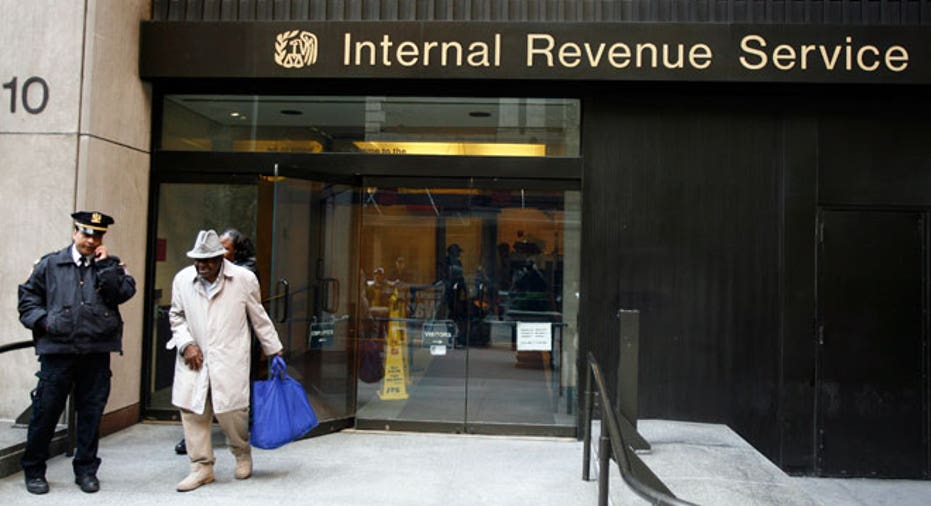Why You Shouldn’t Be Afraid of the IRS

There are thousands of Americans who have not filed tax returns in years. Many are afraid of coming forward because they haven’t heard anything from the IRS, and they do not want to draw attention to themselves. Others are on the run, and are afraid of the repercussions should they suddenly become law-abiding taxpayers.
The good news is that the IRS is not interested in putting anyone in jail. There are certainly a few exceptions, but those mostly pertain to celebrity cases that will draw media attention and to set examples that no one is above the tax code.
The IRS wants voluntary compliance, and the agency will treat anyone who comes back into the fold like the long lost prodigal son.
Years ago, an IRS agent told me that it is the agency’s goal for everyone to work, make money and pay taxes—not put anyone in jail. And in the 30 odd years that I have been doing tax work, I have not seen a single non filer, or any taxpayer for that matter, end up behind bars.
In fact, I’ve helped a non-filer safely re-enter the system after 18 years. He had not filed a tax return since 1985 and he was engaged to be married but his fiancé refused to tie the knot until he had his situation in order. I prepared his 1986 through 2004 income tax returns and luckily, he had the data well organized and in storage. He was terrified of what he would owe. But as it turns out, he would have received more than $65,000 in refunds had he filed timely.
He didn’t get the refunds and here’s why: The IRS is required to provide you with a tax refund if--and only if—you are due one and have filed no more than three years late. So for tax year 1986, my client would have had to file his tax return no later than April, 15 1990 in order to collect his refund. On the other hand, if you owe a tax liability, the IRS has 10 years from the date of assessment – which is usually within a couple of weeks of filing – to collect said taxes.
Many people don’t file because they do not have the required documentation: W2s, 1099s, K-1s and other tax documents are missing. Well, there’s good news on that front. The IRS has a record of every third-party document you would have received. It’s a simple matter of getting a transcript, which can be ordered for free, from the IRS. The tax return can then be constructed from this data.
In fact, the IRS often takes this information and files a substitute filed tax return (SFR) for you. The agency doesn’t apply any tax deductions and arrives at a tax based on the least beneficial filing status. Naturally, this creates a tax bill – which it sends to you – that is outrageously expensive and not at all accurate. But hopefully it gets your attention and urges you to file an accurate return.
If you are self-employed, you will need your business income and expenses in order to complete Schedule C. The data can be compiled from bank records or if those are not available, the IRS will accept estimates based on industry standards.
If you wish to never speak to anyone at the IRS, you may hire a tax professional to handle your situation. You will be required to sign IRS Form 2848 Power of Attorney allowing the tax pro to speak to the IRS on your behalf and obtain your confidential tax information.
If you are unable to pay any outstanding liabilities, there are several recourses available from being deemed non collectible to installment agreements and offers in compromise.
Just don’t be afraid. The IRS is happy to work with you to reach a resolution of these problems. I find that almost everyone I’ve dealt with at the IRS has been courteous and fair.



















